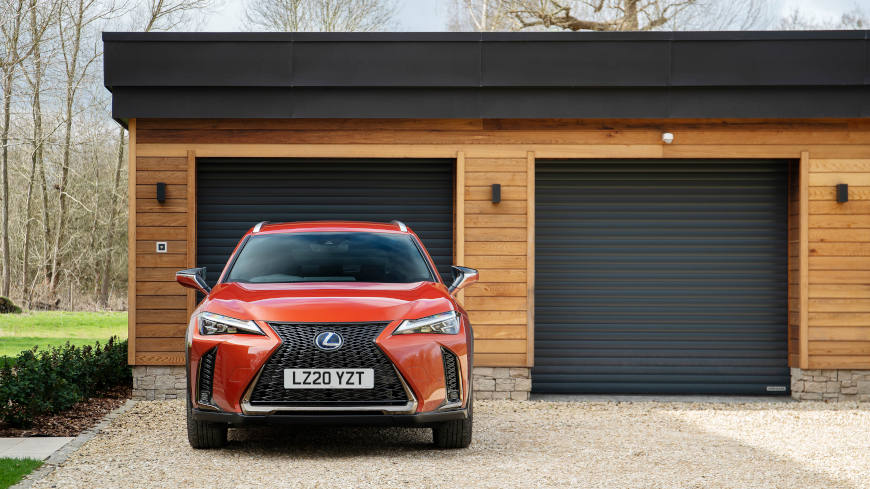Why the Manufacturing Sector Needs to Prioritise Sustainability and 3 Tips for Doing So

The impact of climate change on the planet and its finite resources is undisputable, and while environmental impact is at the forefront of global priorities, so is industrial growth. So, how can these two elements coexist without impacting production levels? Finding the right balance and making the switch to sustainable alternatives is the way forward and the time for greener manufacturing is now. Here’s why the manufacturing sector should be prioritising sustainability and how it can achieve this goal.
Why sustainability needs to be a focus
Among small and medium sized enterprises, the manufacturing industry is one of the leading polluters. Studies have shown that hundreds of thousands of employees within this sector with health conditions have their symptoms exacerbated by the dangerous airborne pollution levels caused by this industry. But there’s also a need for companies to work collectively to bring down carbon emissions. It’s not a solo endeavour and businesses across a range of industries need to make changes in order to achieve the necessary goals to reduce climate change.
There are still many businesses who haven’t set out plans to reach net zero, and the deadline of 2050 is closer than people realise. It can take time to make changes and build a strategy, and even longer to put it into action. In order to reduce emissions in the long-term, organisations need to act now. And there are several ways that businesses can start. These three changes are easy for businesses to implement but offer myriad benefits, both in terms of the environment and financially.
Invest in insulation
One of the most effective ways to reduce energy expenditure is by insulating buildings properly. Industrial premises are typically constructed using metal materials which transfer hot and cold temperatures far more easily. Much of the heat inside a warehouse or similar industrial space escapes through the walls and roof, but in insulating these areas and filling gaps in the structure, companies can reduce heat loss by as much as 25%. Not only does this increase utility costs for businesses but it also has a huge environmental impact. Insulation makes for better storage conditions inside the building and minimises energy expenditure for greater energy efficiency.
Develop eco-friendly materials
Carbon-intensive materials are one of the primary barriers to sustainability for this sector, so businesses need to develop eco-friendly materials and prioritise their usage going forward in order to help mitigate pollution. It’s also important that material processing systems are improved, such as using greener electronic materials and packaging to reduce water consumption and energy.
Eco-labelling and transparency can also help consumers with end of product life instructions, to drive a more circular economy and reduce the amount of products heading to landfill. Sustainable manufacturing is about more than simply changing materials and pushing for energy-efficiency in processes – it also requires a fundamental change in how goods are transported and dealt with after they reach the consumer.
Decarbonising power
A greener approach to manufacturing provides energy savings, grouping environmental and business benefits together. Decarbonising energy and switching to electric processes can help businesses achieve the net zero goal far more quickly and will reduce the demand for carbon-intensive systems.
Similarly, digitising processes and making the most of tech innovations will make manufacturing more efficient and climate-friendly, bringing energy usage down considerably. Setting up renewable energy infrastructure, whether it’s solar, biomass boilers or air source heat pumps, can help companies transition away from carbon-based power and can even help businesses to earn a profit in the long-term.
Choosing a new garage door?
- Explore our range of leading garage door manufacturers. We'll help you to choose the right door for your home.
Final thoughts
Manufacturing has evolved considerably over the past few decades, but there’s still plenty of work to do in terms of sustainability. Green manufacturing doesn’t just improve energy efficiency and reduces the carbon footprint of the business but it can also help with economic growth. One of the most appealing benefits for organisations in this industry is the numerous ways that business owners can bring their expenditure down, from renewable energy and reduced power needs, as well as greater efficiency with materials to provide value for money. But it also provides benefits in terms of brand reputation and green credentials, which is something that customers place enormous value on.

